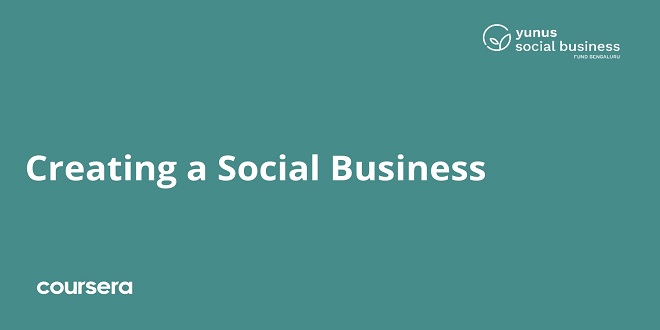Do You Really Want to Own a Business?

Introduction
Hope springs eternal in the human breast, said English poet and essayist Alexander Pope several centuries ago. He wasn’t describing people expanding or starting a business, but he may as well have been. Everyone who goes into business for themselves hopes to meet or surpass a set of personal goals. While your particular configuration is sure to be unique, perhaps you will agree with some of the ones I have compiled over the years from talking to hundreds of budding entrepreneurs.
Self-Evaluation Exercises
Here’s a question to ponder: Are you the right person for your business? Because running a business is a very demanding endeavor that can take most of your time and energy, your business probably will suffer if you’re unhappy. Your business can become an albatross around your neck if you don’t have the skills and temperament to run it. Simply put, I’ve learned that no business, whether or not it has sound financial backing, is likely to succeed unless you, as the prospective owner, make two decisions correctly.
Your Strong and Weak Points
Take a few minutes to list your personal and business strengths and weaknesses. Include everything you can think of, even if it doesn’t appear to be related to your business. For instance, your strong points may include the mastery of a hobby, your positive personality traits, and your sexual charisma, as well as your specific business skills. Take your time and be generous. To provide you with a little help.
General and Specific Skills Your Business Needs
Businesses need two kinds of skills to survive and prosper: Skills for business in general and skills specific to the particular business. For example, every business needs someone to keep good financial records. On the other hand, the tender touch and manual dexterity needed by glassblowers are not skills needed by the average paving contractor
Next, take a few minutes and list the skills your business needs. Don’t worry about making an exhaustively complete list, just jot down the first things that come to mind. Make sure you have some general business skills as well as some of the more important skills specific to your particular business.
How to Use the SelfEvaluation Lists
After you’ve completed the four self-evaluation lists, spend some time reading them over. Take a moment to compare the skills needed in your business to the list of skills you have. Do you have what it takes? Show them to your family and, if you’re brave, to your friends or anyone who knows you well and can be objective
Reality Check: Banker’s Analysis
Banks and institutions that lend money have a lot of knowledge about the success rate of small businesses. Bankers are often overly cautious in making loans to small businesses. For that very reason it makes sense to study their approach, even though it may seem discouraging at first glance.





